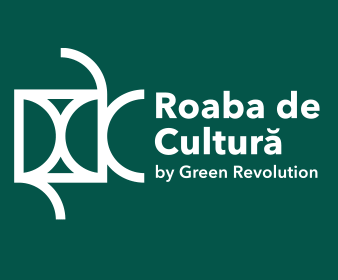As European farm ministers meet today Friends of the Earth Europe, Greenpeace and the European Farmers Coordination are stepping up calls for governments not to fall for biotech industry propaganda that genetically modified (GM) crops are a solution to the food and feed price crisis.
Today’s European Agriculture Council comes at a time when political attention has focused on GMOs as a potential solution, including the UK Prime Minister reportedly calling for the EU to relax rules on importing GM animal feed. This is likely to involve dropping the EU’s ’zero tolerance’ policy to allow contamination with GMOs not approved in the EU. The European Commission is expected to put forward a proposal on this issue in the coming weeks.
However, there is no evidence that GM crops will help tackle the food and feed price rise crisis:
There are many complex factors behind the rise in food prices including the deregulation of agricultural trade, commodity speculation, rise in oil prices, climate change, the global rush for biofuels and the underlying unfair trade system;
GM crops have failed to tackle hunger and poverty around the world;
Around 60 governments have endorsed the conclusions of the 2008 UN and World Bank ’International Assessment of Agricultural Knowledge, Science and Technology for Development’ (IAASTD) which found no role for genetically modified crops in tackling future food needs. The GMO industry pulled out of this process last year and the US has refused to sign the final report because it is not supportive of GMOs;
Most GM crops cultivated around the world are grown in intensive monocultures, have resulted in a massive increase in pesticide use, and are used as animal feed in richer nations, not for food in poorer countries;
GM crops do not increase yields and attempts to develop drought or salt tolerant GM crops have failed – no such crops are on the market despite years of research;
Patents and ownership underpinning GMOs mean that GM crops are inherently unsuitable for small scale and resource-poor farmers;
Evidence clearly shows that weakening the EU’s GMO laws to drop the ’zero tolerance’ principle will not solve the high prices faced by the European livestock and food industry.
Helen Holder, GMO coordinator for Friends of the Earth Europe said: "Governments are seriously misled if they think that GM crops are going to help tackle the food crisis – GM crops do not increase yields or tackle hunger and poverty. Instead of helping the GM industry to cash-in on the food crisis, Europe should be encouraging a radical shift towards sustainable farming systems and abandoning its biofuels target which is fuelling high food and feed prices."
Marco Contiero, Greenpeace EU GMO campaign director said: "There is no one-size-fits-all solution to the current food price increase. Any claim that a single technology such as genetic engineering is a silver bullet for our future food supply is plainly false and distracts attention from the real solutions. Farming methods that ensure higher yields, that are more climate resilient, which do not destroy natural resources and can provide better livelihoods for farmers around the world are the only way forward."
Gerard Choplin, coordinator of European Farmers Coordination from CPE said: "European farmers can produce the animal feed needed. The European Union must, through its current and future reforms of the Common Agriculture Policy, shift away from dependence on imported animal feed by adopting policies to encourage farmers to cultivate protein crops and develop grasslands."



